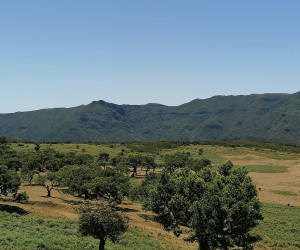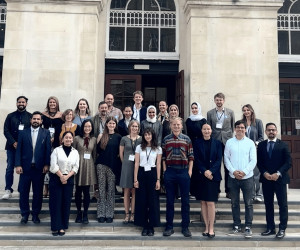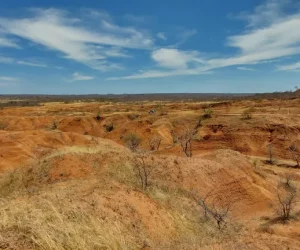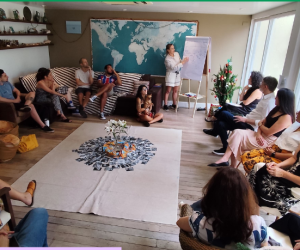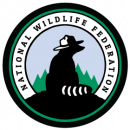Tocantins Agroenvironmental: Development of a roadmap for advancing the sustainable agri-environmental agenda
Tocantins, known for its vast lands in the Cerrado and Amazon regions and its relevance in national agricultural production, faces challenges in the environmental regularization of its rural properties, a common scenario among Brazilian states.
The implementation of the Native Vegetation Protection Law (LPVN – Law No. 12,651/2012) has been slow, delaying the environmental adequacy of rural properties and hindering the adoption of good practices in important production chains, such as grains and livestock.
In the project “Strengthening environmental governance and traceability in the beef supply chains in Brazil,” a partnership between the International Institute for Sustainability (IIS) and the National Wildlife Federation (NWF), with the collaboration of the University of Wisconsin (UW), the urgency of addressing the gaps and challenges in the implementation of the LPVN in Tocantins became evident, leading to various consequences such as the compliance with important legal agreements. Among these are the terms of conduct adjustments in the Beef Supply Chain (TAC Pecuária), essential to ensure the compliance of livestock farmers regarding damages committed against collective rights.
The lack of alignment between the institutions involved in the agro-environmental agenda, structural limitations of environmental agencies, problems in the current legal framework, and the absence of clear guidelines hinder the environmental regularization of rural properties and overcoming obstacles on the journey towards legality, good practices, and sustainability.
Based on this analysis, the project “Tocantins Agroenvironmental: Development of a roadmap for advancing the sustainable agri-environmental agenda” was conceived. Its main objective is to assess bottlenecks and opportunities in a series of key themes and propose guidelines and solutions. These elements will be organized to support public policies and programs focused on Sustainable Agro-environmental Development in Tocantins, focusing on compliance and environmental conservation of rural properties, integrated landscape management, production chain-based approaches, adoption of good practices, and mechanisms for mobilizing financial resources. This construction will be carried out through a participatory process with key actors from the public, private, third sector, and civil society.
To achieve this, we have specific objectives:
- Identify the challenges of environmental compliance and sustainability in rural properties in Tocantins;
- Propose guidelines to support decision-makers in implementing necessary adjustments;
- Promote discussions for the development of strategic proposals for the implementation of the LPVN, the improvement of ecological-economic zoning, and the strengthening of Naturatins (executive agency of the State Secretariat of Environment and Water Resources).
The project, started in February 2024 and scheduled to be completed in September of the same year, will culminate in the delivery of a roadmap to support the advancement of the agro-environmental agenda in Tocantins. The initiative is funded by the Gordon & Betty Moore Foundation and led by NWF, represented by Francisco Beduschi Neto, and IIS.

